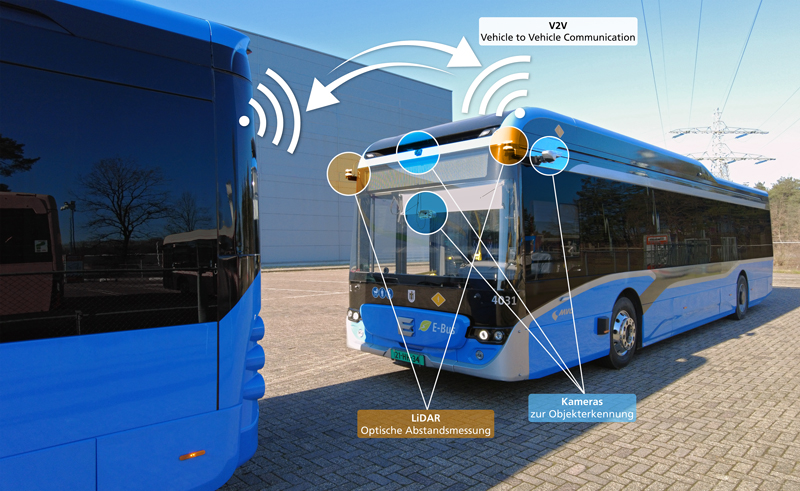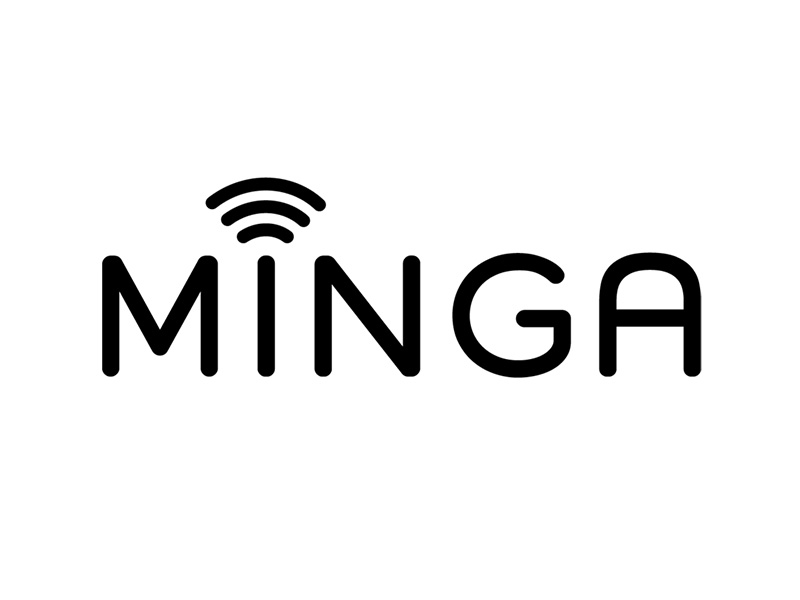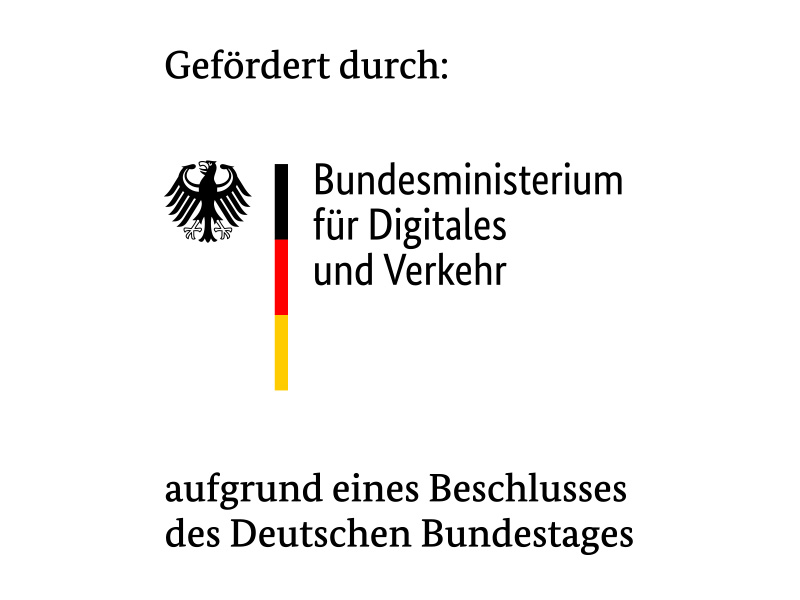MINGA
- Contact:
- Project group:
Prof. Sax
- Funding:
Bundesministerium für Digitales und Verkehr (BMDV)
- Partner:
Landeshauptstadt München mit dem Bau- und Mobilitätsreferat als Konsortialführer, Stadtwerke München mit der Münchner Verkehrsgesellschaft mbH, Münchner Verkehrs- und Tarifverbund GmbH (MVV), Technische Universität München, FZI Forschungszentrum Informatik, Institut für Konstruktionstechnik und Technisches Design der Universität Stuttgart, MAN Truck & Bus SE, ioki GmbH der Deutschen Bahn, Ebusco Deutschland GmbH, Benz + Walter GmbH, Fryce GmbH Projektpartner.
Assoziierte Partner: Stiftung Pfennigparade, Verband Deutscher Verkehrsunternehmen (VDV), Yunex Traffic, Landkreis München. - Startdate:
03 / 2023
- Enddate:
12 / 2025
Project MINGA: Automated city buses - for the future of urban mobility
Highly automated driverless solutions in urban areas have significantly improved cost-effectiveness compared with driver-assisted services and offer users safe and reliable mobility.
People living in cities in particular benefit from better air quality, less congestion and noise, and the gain of unneeded parking space as living space in a largely automated, connected and emission-free urban transport system.
Project goals
The aim of the MINGA research project (MINGA = Munich's automated local transport system with ridepooling, solo bus and bus platoons) is to create new services for more effective use of road space by developing an operational automated bus platoon and testing it in real road traffic for the first time.
The platoon comprises two 12-metre bus vehicles that drive behind each other in an IT-controlled network. Only the front vehicle is controlled by a driver, the second bus follows automatically.
Duration
The project will run until the end of 2025 and is being funded by the Federal Ministry for Digital and Transport (BMDV) with around 13 million euros as part of the "Autonomes und vernetztes Fahren in öffentlichen Verkehren" funding guideline.
ITIV participation
Together with our project partners Stadtwerke München, Ebusco, Forschungszentrum Informatik (FZI) and the City of Munich, we are researching automated platooning operations in Munich. As a research institute, we play a key role in the conceptualisation of sensory environment detection, position tracking, system monitoring and vehicle-to-vehicle (V2V) communication. With our expertise in systems engineering, we support the entire development process from requirements analysis to trial operation in Munich.




